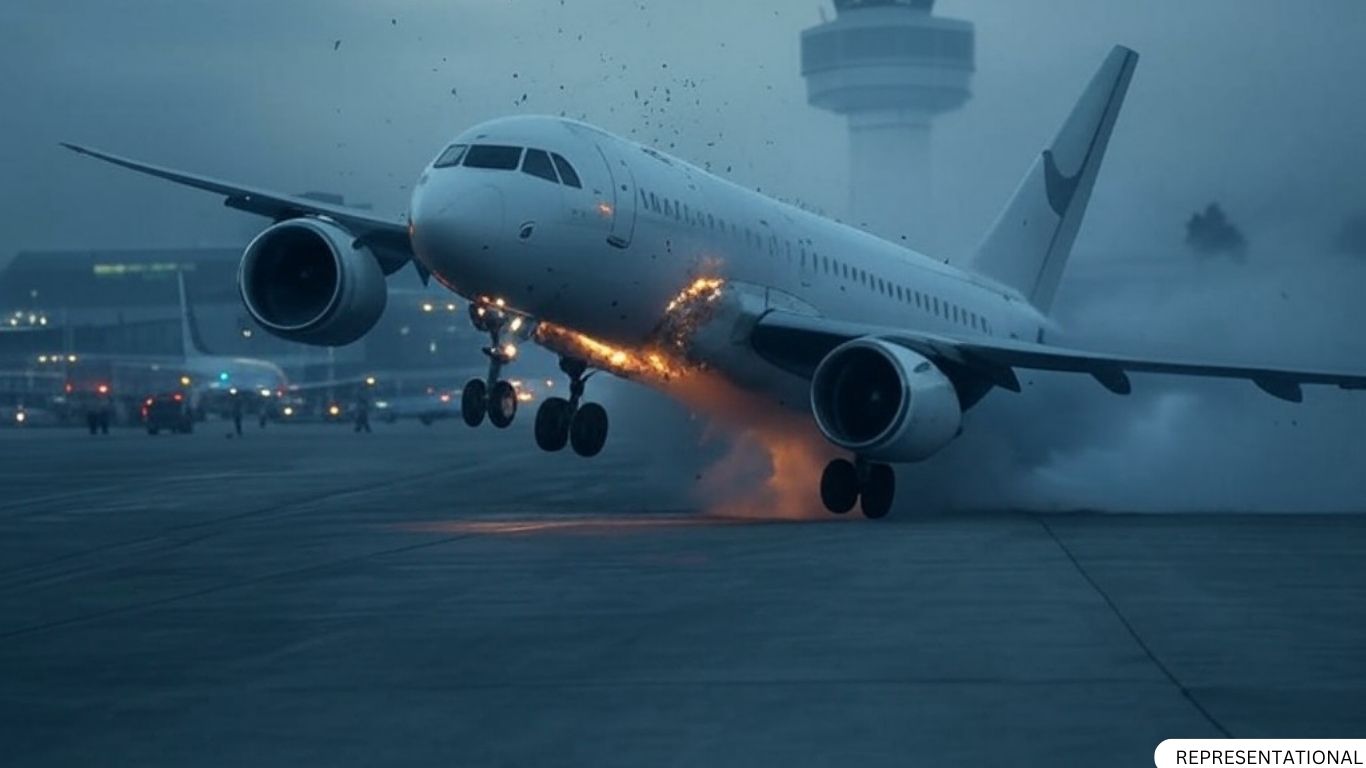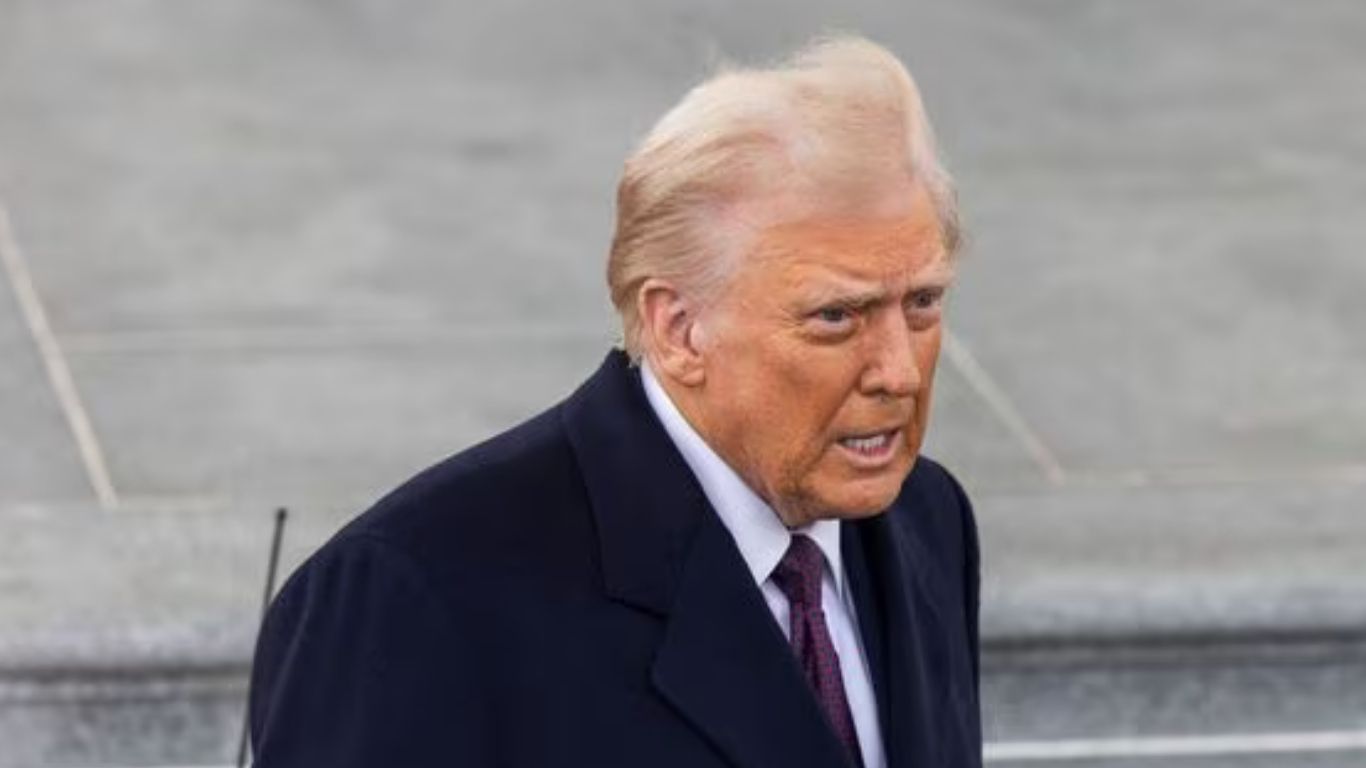The suspension of Russian gas supplies to Moldova’s breakaway region of Transdniestria has led to the shutdown of nearly all industrial operations, sparing only food production enterprises. This development has exacerbated the energy and economic woes of the predominantly Russian-speaking territory, home to approximately 450,000 people.
Impact of the Gas Cut-Off
- Industry Shutdown: Sergei Obolonik, Transdniestria’s first deputy prime minister, stated that the gas supply halt has left all industrial companies idle except those critical to food production. He warned of potentially irreversible economic consequences if the situation persists.
- Energy Shortages: The local energy company has reduced heating and hot water services to households. Residents have been urged to conserve energy by gathering in single rooms, insulating windows, and using electric heaters.
Energy Reserves and Adaptation
- Limited Gas Reserves: Transdniestria’s leader, Vadim Krasnoselsky, revealed that gas reserves might last 10 days in the north and twice as long in the south under restricted usage.
- Switch to Coal: The region’s primary power plant has transitioned from gas to coal, ensuring electricity supply through January and February.
Broader Context
- Gas Transit Halt: Ukraine’s decision to end a five-year agreement allowing Russian gas transit to Europe, effective January 1, has affected not only Transdniestria but also broader European markets. Ukraine previously earned up to $1 billion annually in transit fees.
- European Preparations: Countries like Slovakia and Austria had prepared for the disruption by securing alternative supplies. However, Transdniestria, reliant on Russian support, has been disproportionately affected.
Moldova’s Energy Shift
Moldova, seeking EU membership, is reducing its dependence on Russian gas. The country aims to cut energy consumption by over a third and now imports more than 60% of its energy needs from neighboring Romania.
Geopolitical Repercussions
- Zelensky’s Statement: Ukrainian President Volodymyr Zelensky described the gas transit cessation as a major defeat for Moscow, urging the U.S. to provide additional gas supplies to Europe.
- Russia’s Response: Russian Foreign Ministry spokesperson Maria Zakharova attributed Europe’s economic struggles to U.S. influence, accusing European leaders of prioritizing American interests over their citizens’ wellbeing.
The halt in Russian gas supplies has exposed the vulnerabilities of regions heavily reliant on Moscow’s energy exports. While Europe has diversified its energy sources, regions like Transdniestria face severe consequences, underscoring the geopolitical and humanitarian stakes in the ongoing energy crisis.















